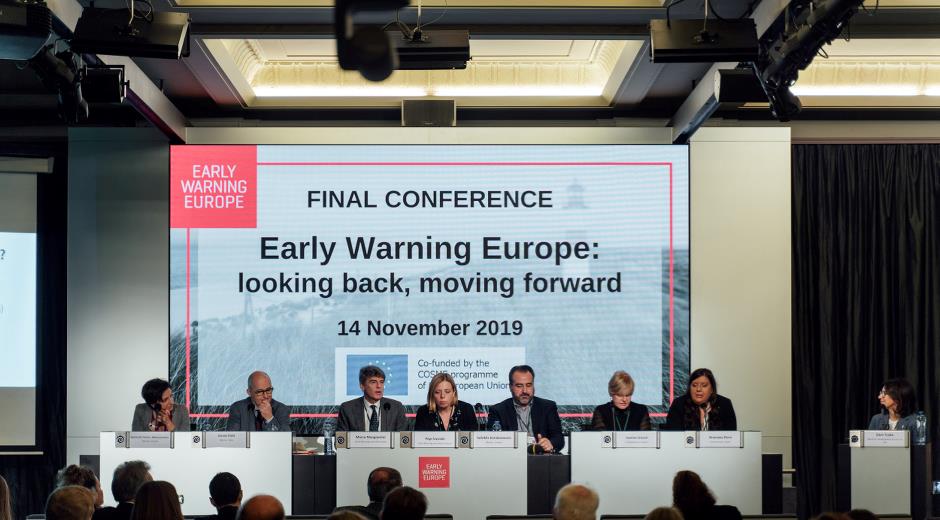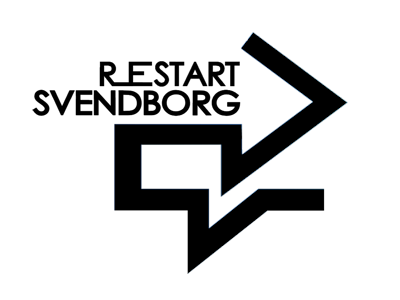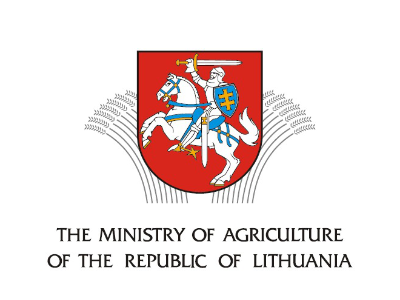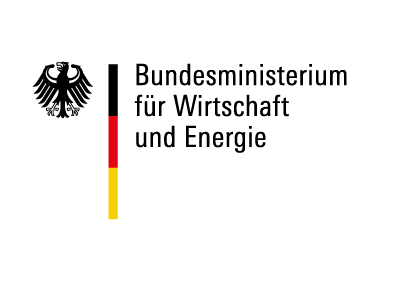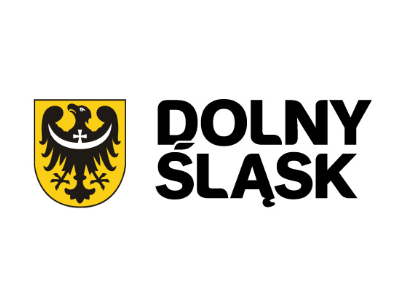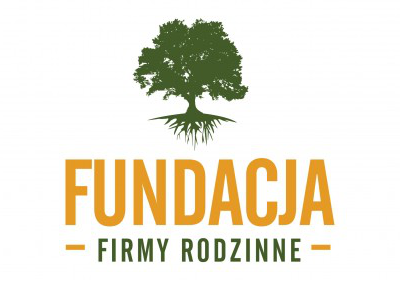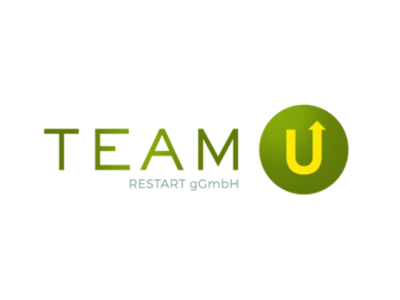Seminar 4 in Tallinn
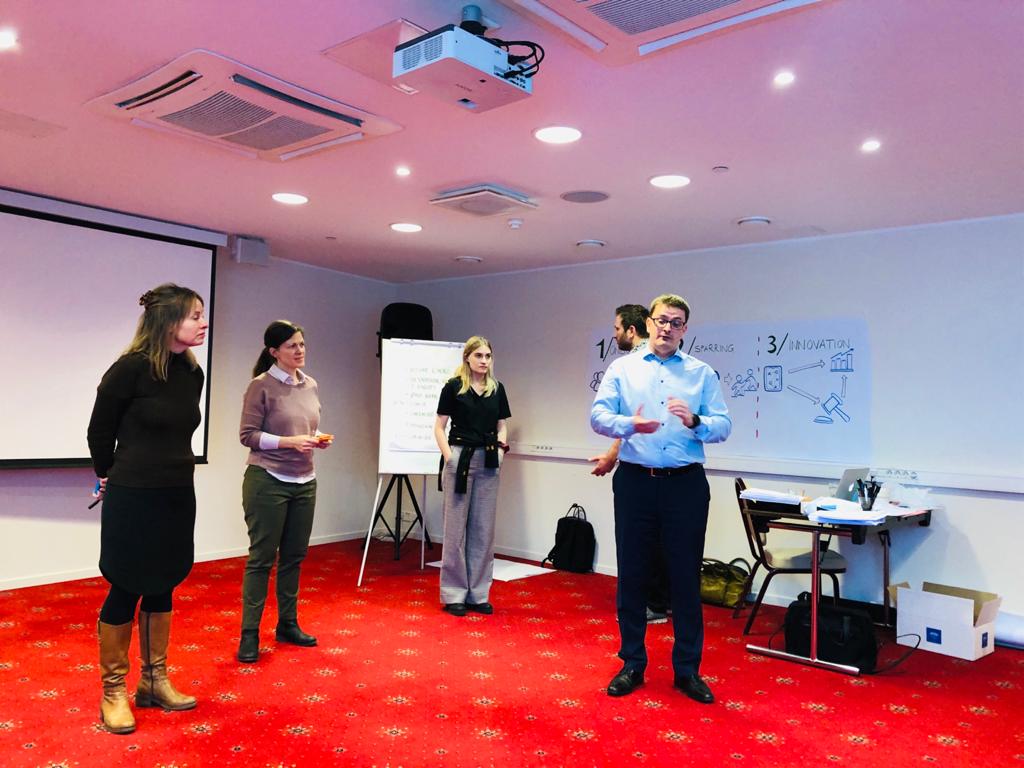
On February 5-6, 2020, the fourth and last seminar for project partners, organized by Harju County Entrepreneurship and Development Consultancy, took place in Tallinn.
During the first day of the seminar, there was a discussion about the future of the project and the potential for achieving lasting value of the results. The role of the mentor and whether he / she should participate in the innovation process together with the mentee was also discussed. It has been argued that in some situations the mentee needs new and fresh perspectives that the mentor could provide. Very often the mentor is the first person the mentee can open up to, so it is important that the mentor is well prepared for this.
Many extremely important conclusions regarding the development of the project have been developed. Strategic roadmaps at national level should be seen as "business plans" for the future which should include potential funding opportunities. The essence of creating a culture that allows failure was emphasized, reducing the effect of the common taboo of crisis and potential bankruptcy.
After the joint workshop, each country presented its first draft roadmaps for business capacity building. There have been many discussions about the future of the project and the potential for more lasting value in the results.
Seminar 3 in Riga
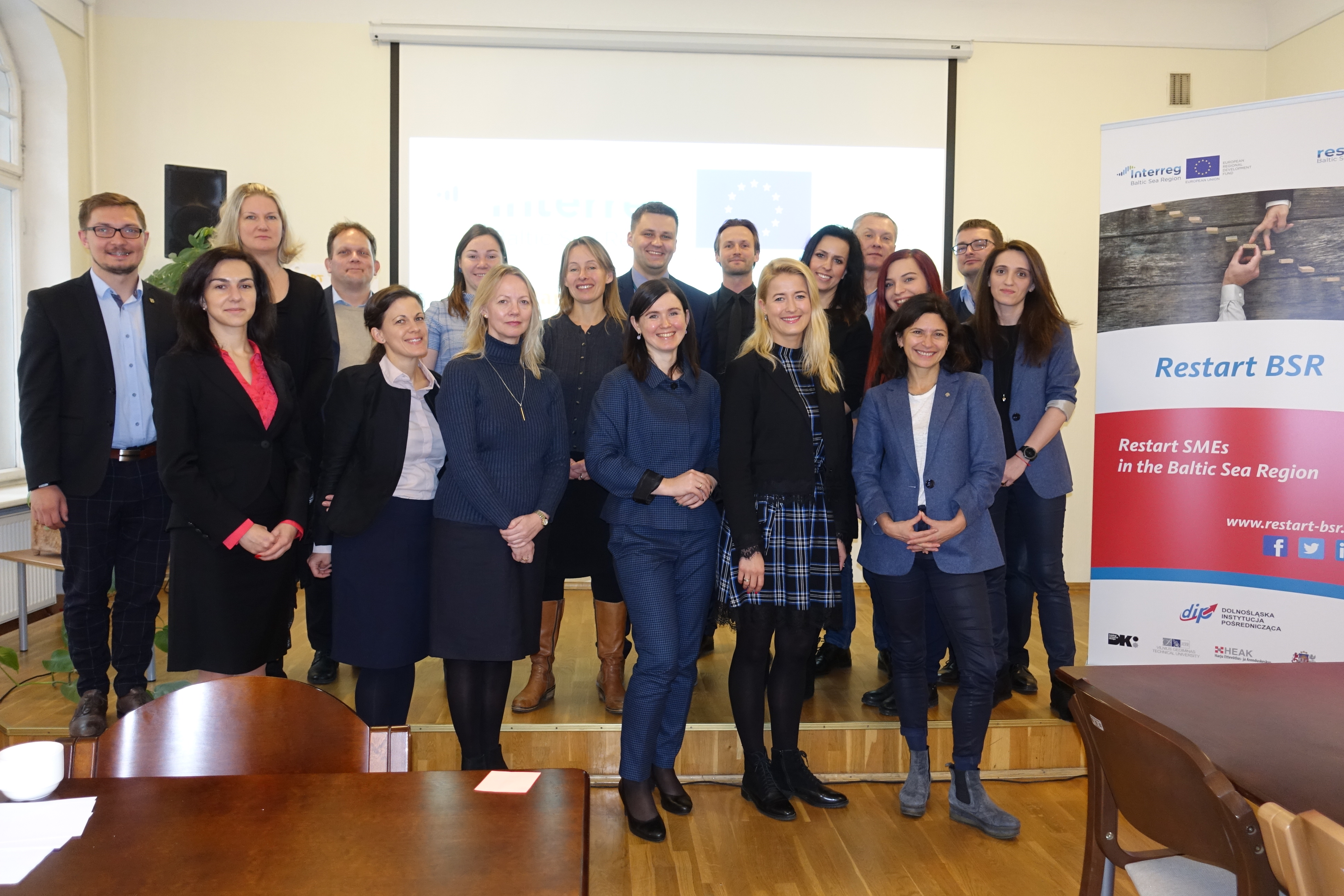
Another, third seminar took place on December 2-4, 2019. This time, the participants met in Riga to develop tools that will help entrepreneurs in a crisis in the future. The seminar was organized by the Ministry of Economy of the Republic of Latvia.
During the meeting, further workshops were held, including by Gabor Lancz - vice-chairman of the National Association of Managers for Change and Crises.
During the workshop, a data table was created showing the user's journey, values and criteria. Participants presented the tools and shared knowledge and experience from their field work. Based on the user's path, values and criteria, 10 tools were selected.
On the second day, Eleni Tzoka-Stecka gave her presentation on the motivation of mentors. She argued that it is important that the trainers conducting the training workshops for mentors are highly qualified consultants, well known in the business circles of the partner countries. When selecting mentors, it is important that they have good communication skills and knowledge of crisis management in order to be successful.
Then there was a discussion on how to prepare mentors to use the previously selected tools and what kind of communication and training is necessary.








